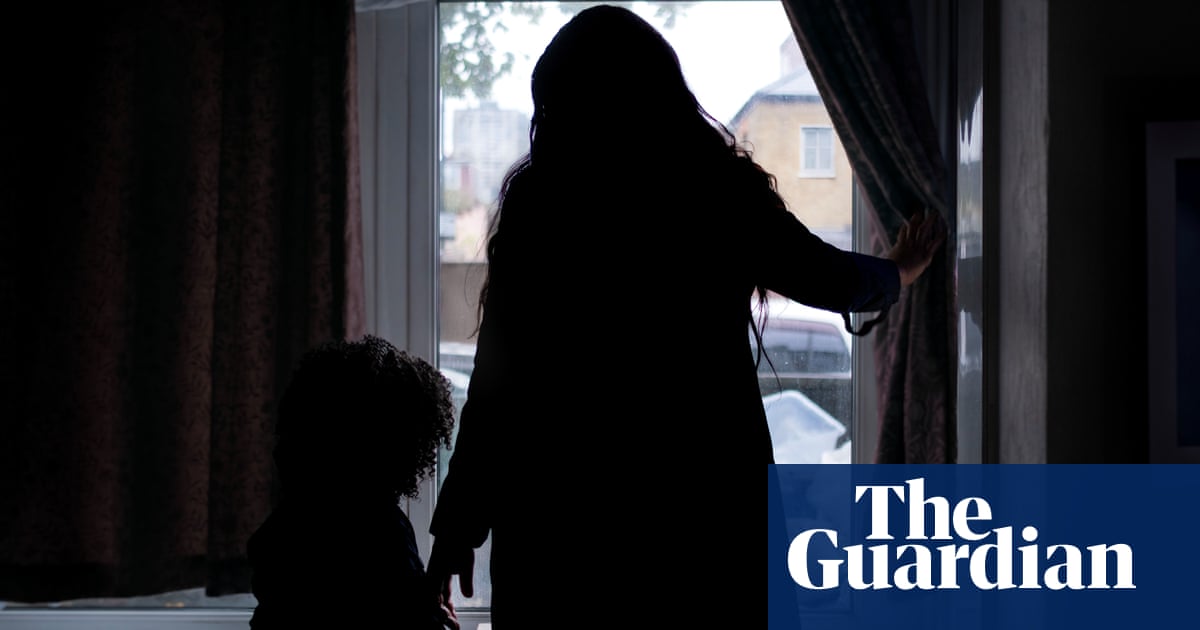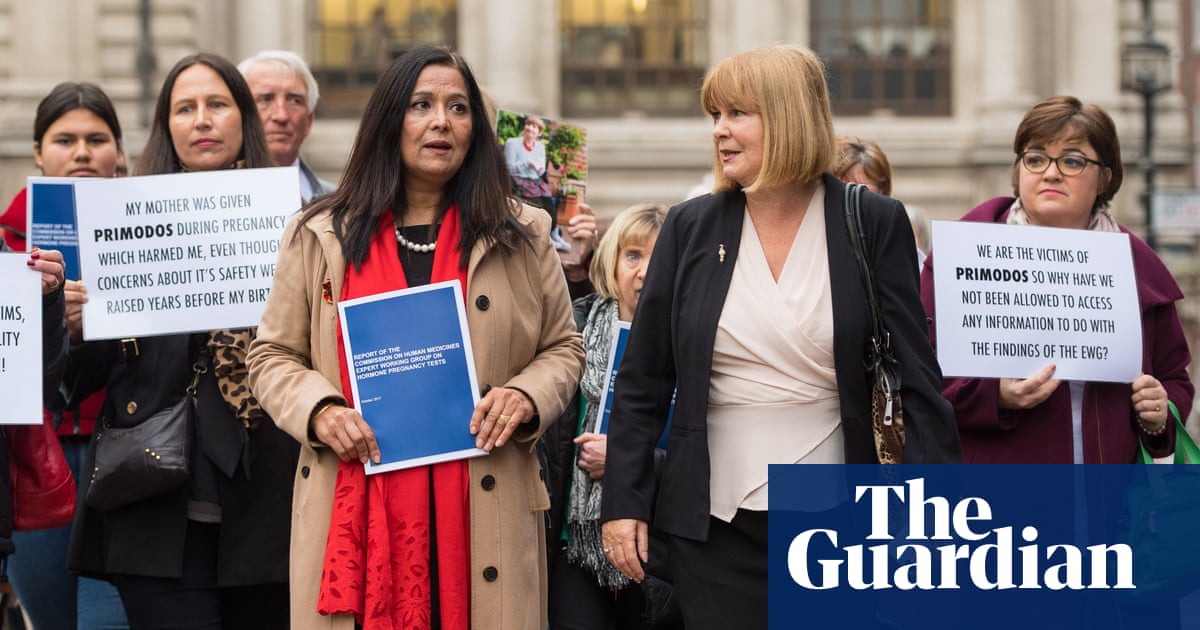
Musicians are facing a postcode lottery of noise complaints, industry leaders have warned, after a member of the classical chart-topping choir Mediaeval Baebes was handed a noise abatement notice for playing music in her flat.
Fiona Fey was told she had created “excessive noise from the playing of musical instruments that is audible and detectable from your property” and that she must cease making any more “noise from the property in the form of playing loud music”.
The 35-year-old is a singer and plays the guitar, piano and a low whistle – a flute-like, lower-pitched version of a pennywhistle.
She is due to start learning new parts for gigs with Mediaeval Baebes next month, something she said would be impossible under the notice, which warned she could be fined up to £5,000 for breaching it.
“They could force entry to my house and confiscate all of my instruments, which are my livelihood,” she said. “It was really upsetting. I felt so betrayed and so attacked, because I really had done everything I could. I didn’t know what they expected me to do. It’s my job. I’ve got things to learn, things to practise.”
Fey said she did not have the money to spend on an expensive court case to fight the notice so moved out of the flat in south-east London and is sofa-surfing.
She has started a petition calling for protection for the right to play musical instruments, signed so far by 23,000 people, and says the rules on noise are too unclear and leave too much to the discretion and judgment of environmental health officers.
Naomi Pohl, the general secretary of the Musicians’ Union, said her members faced a postcode lottery when it came to noise complaints.
“Different councils, different individuals, handle it in a different way, unfortunately,” she said. “There’s no kind of set parameters. If you’re making music in a work environment, then there are set decibel levels for health and safety reasons. But you don’t have that in your home.
“Our members have to practise regularly – it’s an essential part of their job and they don’t always have external rehearsal space to go to, particularly if they’re freelancers. More people are working from home, so I imagine we’re going to get more of these issues cropping up.”
The Independent Society of Musicians (ISM) helps about half a dozen musicians a year deal with noise complaints, which rose for a while after the pandemic lockdowns. In 2016 it helped James Carrabino, a Young Musician of the Year finalist, overturn a notice banning him from practising the piano for more than an hour a day in his family’s home in Kensington, west London.
Deborah Annetts, the ISM’s chief executive, said: “The ability to play music at home, either for professional practice or leisure, must be protected. Noise abatement notices should not be used to hamper musicians who contribute so much to our economy and culture, as we have seen this weekend in Liverpool [at Eurovision] and during the recent coronation.
“It’s simply wrong for the law to be used to prevent a musician from practising at home at all.”
Fey moved into the first-floor flat in July last year but began getting complaints from her downstairs neighbours when she was practising. “I stopped playing piano at home and started getting complaints about other instruments. I stopped teaching music from home.”
She said she had tried to accommodate her neighbours by playing at the other end of the property from their living room, but relations between them broke down. In January, the complaints escalated to Lewisham council, which sent a mediator, then a professional witness, to speak to both neighbours the following month.
It said Fey had refused to agree during mediation to having set rehearsal times and the council sent a professional witness to speak to both neighbours the following month.
“The report from this professional witness confirmed that the music from the residence was audible within the complainant’s home and was at an unreasonable level,” a spokesperson said.
“We celebrate the musicality and creativity of our borough and recognise people’s right to play an instrument in their home. We only intervene when we receive complaints and always try to resolve these amicably.”
The spokesperson said the noise abatement notice was “a last resort”. “In this case, regrettably, when we tried to explore reasonable offers and solutions to find a balance, the tenant refused to engage and we received multiple further complaints.”
Officers reported that the noise included rehearsals with several musicians and they had been in contact with the two parties more than 25 times in four and a half months.
Fey said that during mediation she had been asked to play for just one hour a day, which was not enough time to learn and compose new material, and rejected the idea that she had refused to engage.
“They told me I was being monitored and I said ‘great – I’m not making that much noise’, and the [mediator] said I didn’t need to worry.”
She said she had received supportive messages from other neighbours and had held one rehearsal with a cellist and a guitarist, which she had given advance warning about.
Katharine Blake, the founder of the Mediaeval Baebes and former lead singer of Miranda Sex Garden, said she had been supporting Fey by helping her find a new place to rehearse.
“It’s a pretty horrible situation,” she said. “I really feel for her – being a musician. It’s not that easy to make money and finding somewhere else to live is expensive. She’s a fantastic singer, an amazing soprano.”












